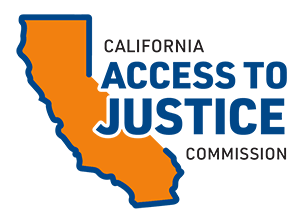Health Equity And Rural Attorney Deserts (2021)
This paper examines the intersection of two critical and intertwined issues facing rural communities: The lack of access to healthcare and the lack of access to legal help. Lawyers help people navigate civil justice problems causing and caused by negative health outcomes and inadequate or inaccessible healthcare. An individual’s health exists at the nexus of multiple systems and “is deeply influenced by institutional and structural forces that shape who has access to the opportunities and resources needed to thrive.”
In this context, civil legal help assists people in dealing with the everyday legal issues they face that implicate or result from health-related matters. From consumer debt to public benefits to habitable and safe housing, legal assistance helps people eliminate the things that are health-harming and increase the things that are health-affirming. Achieving health equity is inseparable from increasing access to legal help.
The paper begins with a discussion of the lack of access to attorneys in rural parts of the state. The subsequent section provides an outline and application of the social determinants of health (SDOH) framework to both how we think about civil legal problems as well as the shortage of legal help to rectify those problems. The third section describes the specific impact of COVID-19 in rural areas as it relates to these issues. The fourth section provides examples from legal aid organizations in rural and urban areas meeting the legal needs of rural Californians, including through medical-legal partnerships (MLPs). Finally, the paper concludes with recommendations that focus on increasing funding and resources for legal aid and pro bono projects dedicated to utilizing strategies like MLPs and other innovative rural health equity projects to increase access.

